We are living in a world where everything and everyone is so busy in his/her life that we don’t have time for others, neither we have time for ourselves. We ignore the most important thing in our life which is our mental health. Some of you may think that what is mental health. Mental health includes a person’s physiological and emotional well-being.
According to a report by the World Health Organization in 2019 More than 20 million Pakistanis (10% of the country’s population) suffer from some form of mental health condition. In 2019, 1 in every 8 people, or 970 million people around the world were living with a mental disorder, with anxiety and depressive disorders are the most common ones.
Causes of Increase in Mental Illness
In Pakistan we choose not to give importance to our mental health, which leads to mental health problems, there are several reasons for that:
- Mental Health Literacy: is defined as knowledge and beliefs about mental disorders which aid their recognition, management, or prevention. The area of mental health literacy in Pakistan has been comparatively neglected. People living in this region have a low level of information about mental health, there are people in the country who have no idea what is mental health, and why it is important to get therapy if anyone is suffering from any kind of mental Illness.
- Prejudice: If people seek help from the concerned profession, they have to bear the stigma prevailing among the people of Pakistan. Negative attitudes held by the general public toward people with mental illness more than physical health, are based on a lack of awareness and may largely be shaped by the media
- Black Magic and Possession by demons: People in Pakistan think if someone is suffering any kind of mental illness they are possessed by some kind of jinn. Although these things exist many people are suffering from mental illness as well not all are possessed by black magic
- Evil Eye: People think that illness is because of the evil eye. Although the evil eye exists, I am not denying it but again, it’s not necessary if someone got ill it’s because of the evil eye.
- Poverty: Because of unemployment which leads to poverty in the country, people are more concerned about financial issues rather they focus on mental health issues
- A low number of government Institutes According to the latest report, over 15 million people in Pakistan are suffering from some form of mental illness. But for a population of 220 million, only 400 trained psychiatrists exist with few state-run psychiatric hospitals and a small number of psychiatric units in teaching and general hospitals.
- Short Coming of Character: In a traditionalist society, there is frequently a social disgrace together with abnormal behaviors as mental health problems which are generally described as a “shortcoming of character.”
- Expensive Fees: Due to less amount of government psychiatry departments. People have to go to private hospitals which have very expensive fees that they can’t afford.
Ask, Listen, And Respond
There are things that are useful in helping people who suffer from any kind of mental health problem.
- Just ask them how they have been. How was their day, week, or month?
- Give them your time, Remember time is money.
- Assure them you won’t tell other people about your suffering
- Encourage them to seek help from mental health professionals.
- Listen to them, maybe they just want someone to listen to them so they can do their catharsis.
- Don’t judge them. We all are human beings and we all have ups and downs in our life.
Conclusion
In Pakistan, seeking help regarding your mental health is very difficult for people, people usually don’t want to talk about their mental health problems because we are the people who make things difficult for them by judging them, and by attaching a stigma to them. By making fun of them. By not accepting that someone need therapy for his/her problems, We make the lives of people difficult by labeling them as ‘Pagal’ or are possessed by a jinn or evil eye. But now we need to change our attitude towards people who need mental assistance from professionals.
References
- WHO-AIMS report on mental health system in Pakistan. Geneva: World Health Organization. [Jan;2019 ]; World Health Organization. https://www.who.int/mental_health/pakistan_who_aims_report.pdfWHO. 2009 1:6.
- Institute of Health Metrics and Evaluation. Global Health Data Exchange (GHDx), (https://vizhub.healthdata.org/gbd-results/, accessed 14 May 2022).
- Rhydderch D, Krooupa A-M, Shefer G, Goulden R, Williams P, Thornicroft A, et al. Changes in newspaper coverage of mental illness from 2008 to 2014 in England. Acta Psychiatr Scand 2016; 134(S446): 45–52.
- Begum, Rubina & Choudhry, Fahad & Khan, Tahir & Safina, Faizah & Al-Worafi, Yaser & Munawar, Khadeeja. (2019). Mental health literacy in Pakistan: a narrative review. Mental Health Review Journal. ahead-of-print. 10.1108/MHRJ-08-2019-0026.
- Bashir A: The state of mental health care in Pakistan. Lancet Psychiatry 2018; 5: 471
- Javed A, Khan MN, Nasar A, Rasheed A. Mental healthcare in Pakistan. Taiwan J Psychiatry [serial online] 2020 [cited 2022 Sep 10];34:6-14. Available from: http://www.e-tjp.org/text.asp?2020/34/1/6/281107


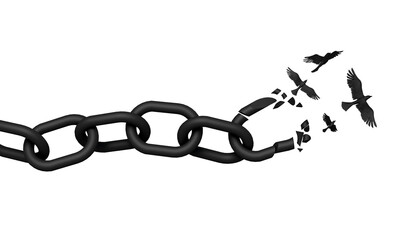

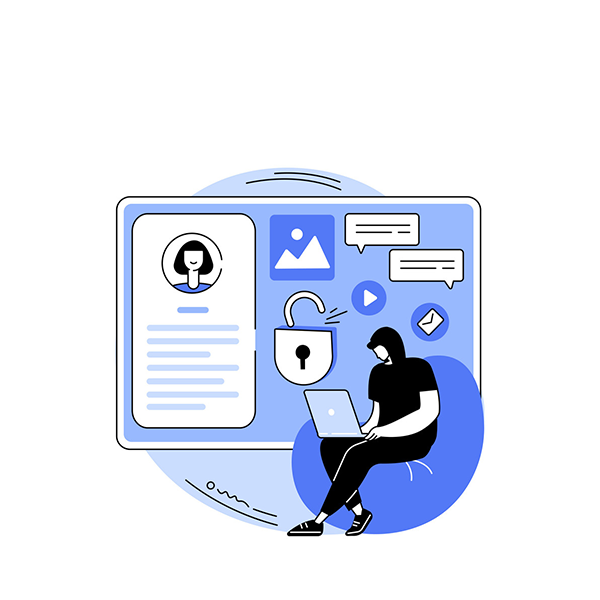
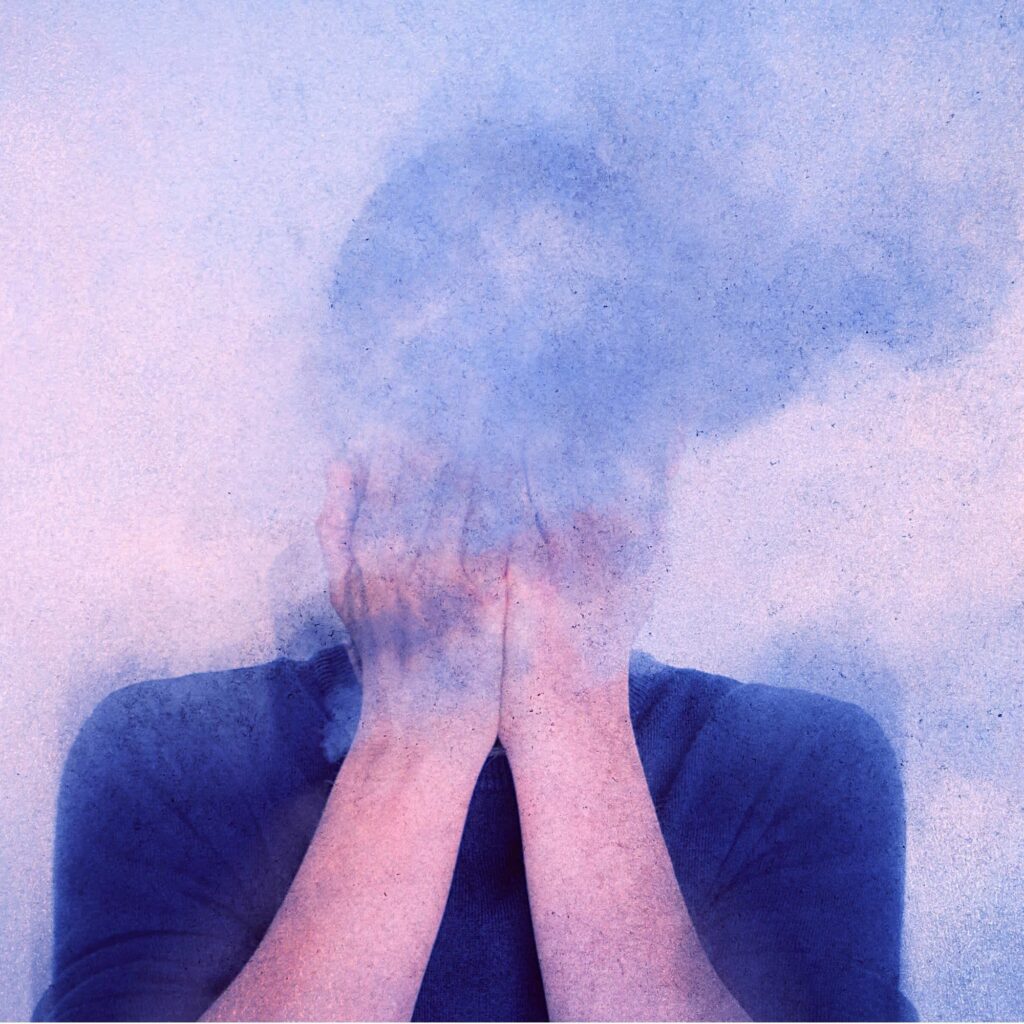



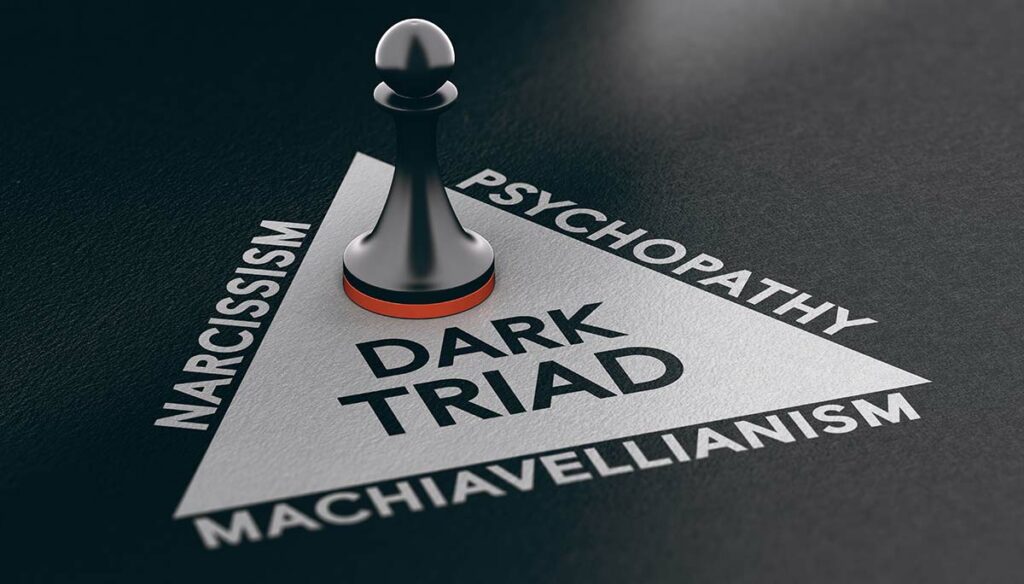
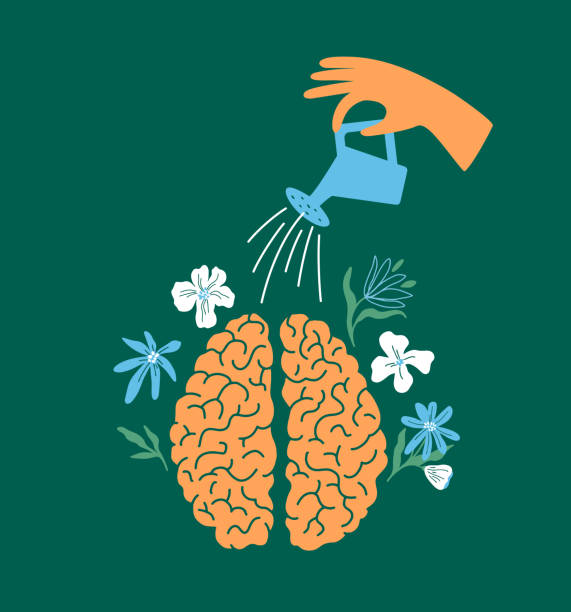
Jazakillah khair for awesome article !
Nice effort.
These things are true facts and being repeated since long in psychology books, even we studied same facts when i was a Medical Student. Now time has come to move ahead. I means that practical work should b started,, for example young psychology qualified persons should organise groups who should visit schools, colleges, offices to achive mass awareness targets for the same. Your this article is also an effort for awareness, but reality is that most population of our country is even unable to understand such articles. If , practical awareness is done directly, I think 50% of psychiatric patients load could b reduced from hospitals